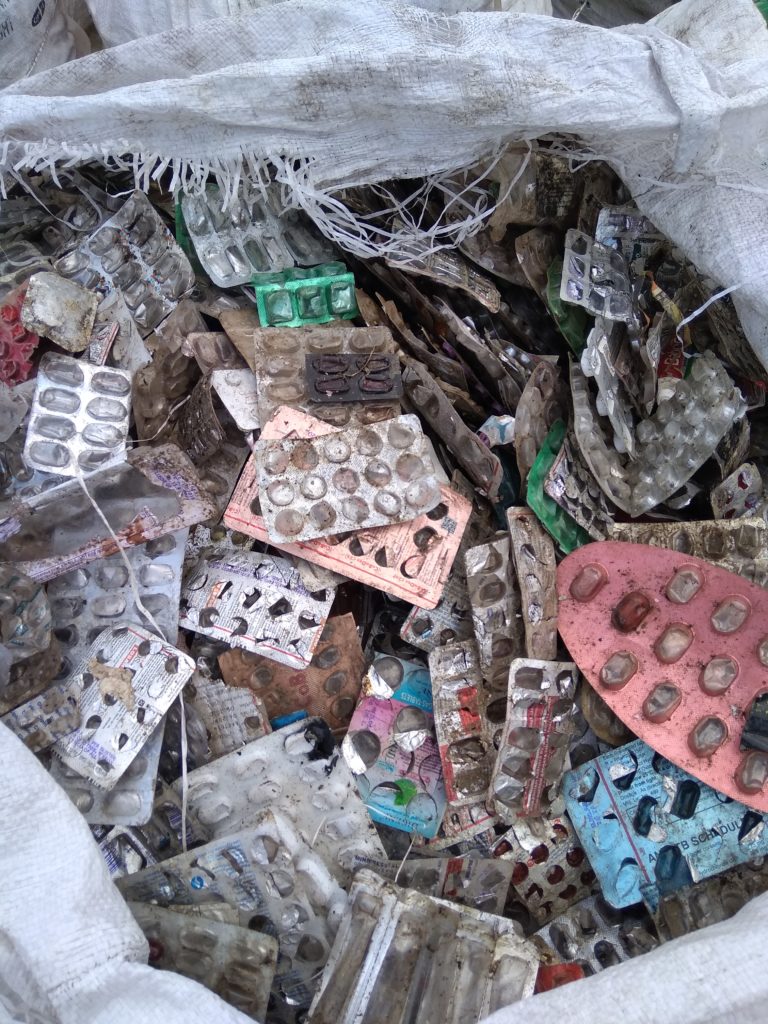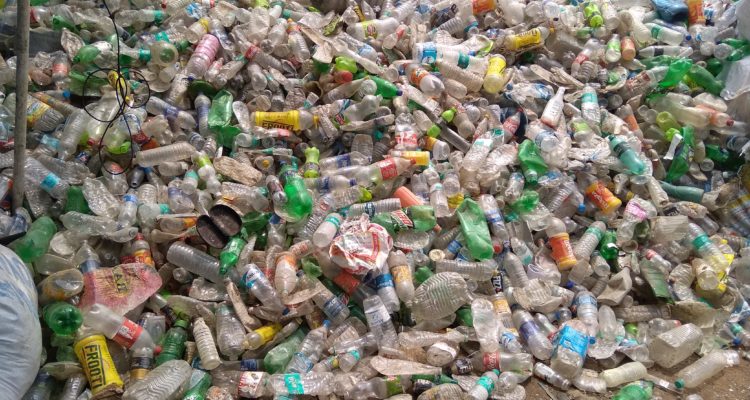A consumer-centric study on single use plastics has revealed Indian consumers are keen to drive plastic out of their lives.
◊ By Benefit Publishing Bureau
Visit ORGANIC SHOP by Pure & Eco India
A new study titled ‘Single Use Plastic-The Last Straw’ released by the environmental NGO, Toxics Link, in New Delhi, reveals that consumers in India recognise the environmental impact of disposable plastic products and want a ban on many single use plastics in the country.
The results highlight growing public awareness of the problem of single use plastic waste in the country. Single use plastic (SUP) has been identified globally as one of the key contributors to marine pollution and the most found items in global beach cleanups.
By 2025, it is estimated that the ocean will contain one tonne of plastic for every three tonnes of fish; and by 2050, it will have more plastics than fish.
REALITY CHECK!!!
By 2050, the ocean will contain more plastic than fish.
The online survey sought opinions of consumers across different age groups and gender on single use plastic like straws, plastic cutlery, disposable plastic foodware and online shopping packaging.
Eight out of 10 consumers felt that online platforms were using excessive packaging and need to be regulated.
Of those surveyed, more than 85% said they actively would choose to eliminate or opt for plastic-free alternatives in online shopping, dining in or ordering food.
More than 50% respondents said that leaf or bio-plastic foodware in public or private functions are good alternatives and should be used.
Views on the issue vary depending on age and society-economic factors; however, millennials and gen Z-ers are generally more mindful of single-use plastics than older generations, according to the report.
“Corporations and governments have a big role to play in addressing the plastic waste menace; but individuals can also do their bit and our study clearly shows that given a choice, people are willing to eliminate single-use plastic and opt for better alternatives,” states Priti Banthia Mahesh, Chief Programme Coordinator, Toxics Link.
The study, conducted by Toxics Link, looked at consumer perception, as well as, on-ground recycling of single use plastic in India.

Packaging wrappers, PCPP tubes, medicine wrappers and polypropylene products are low-demand plastics and, hence, do not get collected for recycling. Photo by Toxics Link.
LOW-VALUE PLASTICS SIMPLY DON’T GET PICKED UP FOR RECYCLING
The informal players, who handle majority of plastic waste in the country, disclosed during the field study in Delhi, that many single use plastic products, especially multilayered plastic, tiny PCCP (Plastic particles in personal care and cosmetic products) and FMCG pouches are complete untouchables and do not get picked up or recycled.
These SUPs end up in landfills and water bodies, and contribute to the microplastic load. Packaging wrappers, PCPP tubes, medicine wrappers and polypropylene products (known in the market as ‘FARRA’) are also not in demand and rarely get collected.
This is mainly because of their low recycling value, as well as, the soiled conditions in which they are found. PET bottles, disposable pens, PCCP bottles, plastic boxes, etc, have good recycling value and, hence, the informal, as well as, formal players collect them.
GOVT BANS ON SINGLE USE PLASTIC INEFFECTIVE
As per the CPCB (Central Pollution Control Board of India) report 2018-19, India annually generates approximately 3.6 million metric tonnes of plastic waste. It recycles 60% of its waste, three times higher than the global average of 20%, through a chain of informal networks of collectors and recyclers.
But this report by Toxics Link raises serious concerns about the same, as the number could be almost three times of this. Besides environmental and occupational exposure risks, the processing in the informal sector is mostly ‘DOWNCYCLING’, meaning the quality of plastic is going down every time.
“Environmental impacts of plastics have been regularly downplayed by interested parties and only projected plastics as a simple waste issue, thus, steering clear from owning responsibility for its adverse impacts,” says Satish Sinha, Associate Director, Toxics Link.
The Indian Government, in 2016, banned plastic bags with thickness of less than 50 microns, under the revised Plastic Waste Management Rules. Several state governments have also imposed bans on polythene bags, as well as, some single use plastics. But these measures have, so far, been ineffective.
The government has also not put in place a clear roadmap with timelines to meet the 2022 deadline for eliminating manufacturing and use of single-use plastics.
HIGHLIGHTS OF THE REPORT
- 46% of respondents chose cloth bags as the best alternative, followed by jute and bio-plastic bags.
- 77% of respondents said that online shopping platforms used excessive packaging and 91% said that they would chose less packaging, given a choice. 91% also felt a government guideline is required to curb this.
- 32% said that traditional leaf plates should be used in religious and cultural functions, with 33% opting for bio-plastic and 25% preferring steel.
- 86% of the respondents said they would rather not receive plastic cutlery with food ordered online. And 36% said there was no need for cutlery as part of food delivery at all.
- 87% of the respondents said they would prefer not to receive straws with their beverages.



Leave a Reply